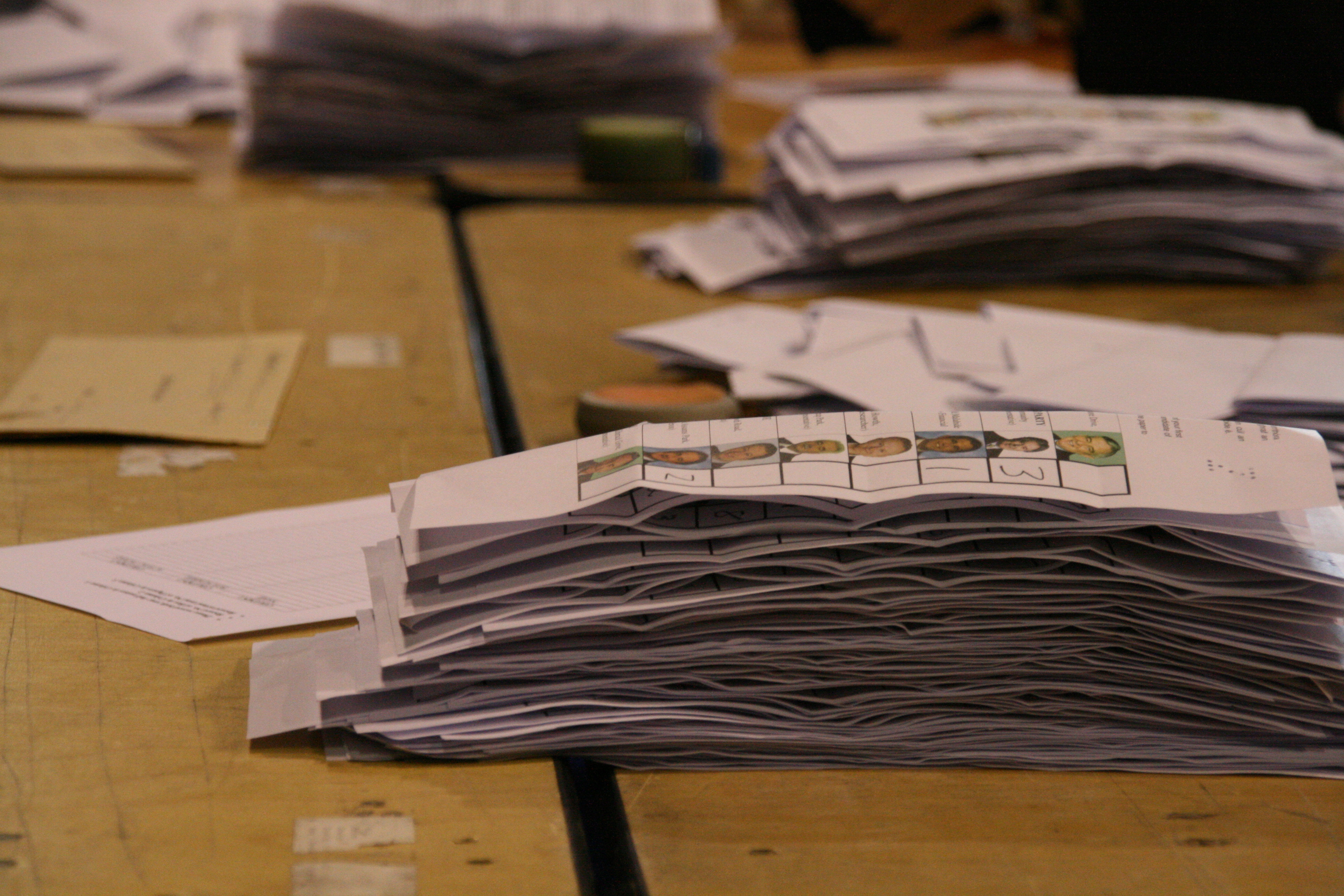
I always used to love elections. I remember my first – it was a big deal; my mum walked with me to the polling station, and the whole family had discussed how we’d be voting. I was the first person in my family to have the right to vote in Italy, and I remember the promises and the blackmails of the political class. In the end there wasn’t much choice. It was either voting for Romano Prodi or getting Silvio Berlusconi.
I voted for The Olive Tree (Prodi’s party) in parliament and Rifondazione Comunista at the senate. It took Rifondazione 20 days to break their promise, and yet I thought, “They must know what they are doing, they won’t sell out on their ideals.” I suppose I was very naive. A few years later Bertinotti, the Rifondazione leader, apologised to us for his U-turn, but it was too late – I had grown up and couldn’t be lied to anymore.
In the UK I once again engaged in the electoral process. “We have an alternative to the political establishment,” they said. “We can elect one MP this year and that will lead to more MPs in the following election, and we might never form a government but we will have a voice.” That was Respect.
In Italy, we punish politicians. We take revenge, we cheat on our partners – all at the ballot box – and that is what keeps us going to those bloody polling stations. The final nail in the coffin of my “let’s engage with electoral politics whilst organising for a revolution” attitude was hammered in with the 2010 elections. I actually thought that if we made politicians pledge a vote publicly they would not go and vote the opposite way.
It would be fair to say I went into the 2015 election somewhere between apathy and fuck-this-shit. I did register to vote, but only because I figured I might want to spoil my ballot and I still am my mother’s daughter – she believes in all these things and I didn’t want to break her heart by not even registering.
I saw lefties voting for Labour as naive at best or downright ostriches otherwise. OK, I was trying to be nice… in a lot of cases I saw them as political opportunists. They didn’t convince me that their party would fight austerity and as the results show, they didn’t convince the electorate either.
You would think that after five years of austerity people would vote for change, but if you think about it, that’s just what they did. In 2010 they voted Lib Dem, giving the mainstream a chance to bring change, and on Thursday we saw a good old punitive vote, which yes leads to a worse situation but to be fair the alternative presented just was good enough. Labour wasn’t opposition for the last five years and they are now paying the price. They had good examples to follow in Europe and they didn’t. They jumped on xenophobic populism and didn’t capitalise on the anti-austerity populism.
There was a strange feeling of detachment whilst I watched the results come on Thursday night. Nearly as if I was watching the France vs Brazil football World Cup final in 1998: an amazing game, but the result really didn’t matter to me. Yet as I saw the Tory majority creep up in the wee hours of the morning there was a deep sense of doom, which I’d like to think I would have had even if Labour had won a majority. I had made myself quite comfortable in the idea that there would be a hung parliament and this election saga would continue. I think bizarrely that is what I’m upset about. But it’s OK – I will find my time campaigning so much easier over the next five years and obviously the annihilation of the Lib Dems warms my heart to a large extent, as does the resignation of Nigel Farage. So the moral of this biography is that whatever the result, life for my generation isn’t going to change for the better by some election now or ten years down the road unless we can do the groundwork in the fight against austerity.